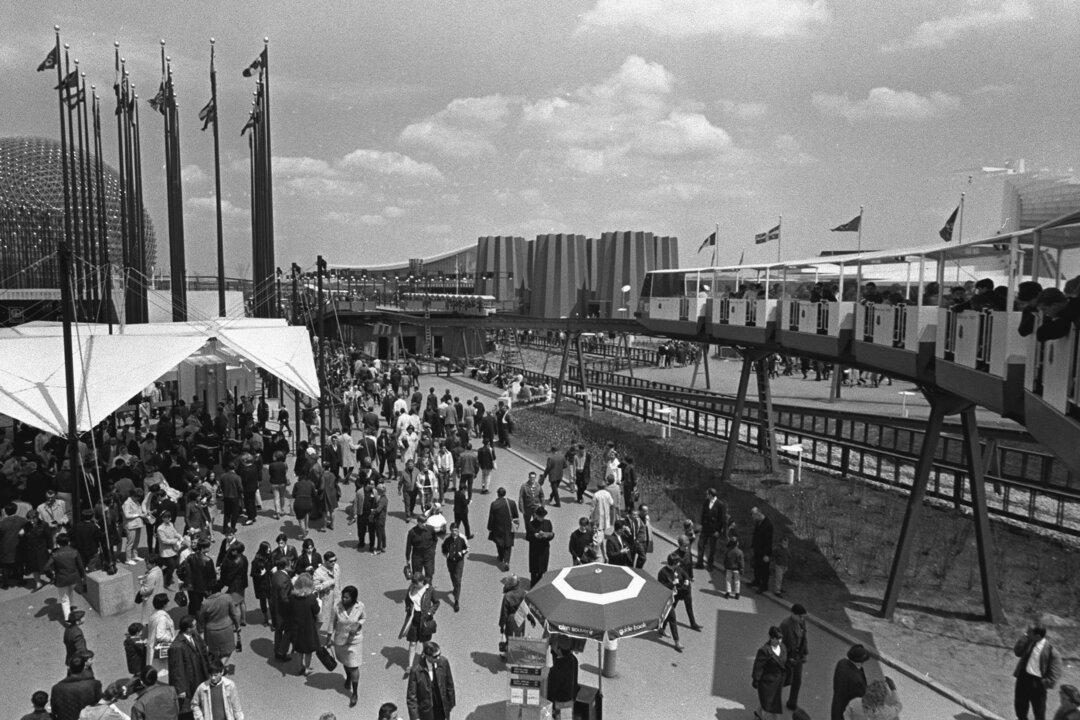Commentary
In the year 1967, Canada celebrated its 100th birthday. At the time, little dampened the spirit of citizens who turned out to commemorate a century of Confederation.

In the year 1967, Canada celebrated its 100th birthday. At the time, little dampened the spirit of citizens who turned out to commemorate a century of Confederation.